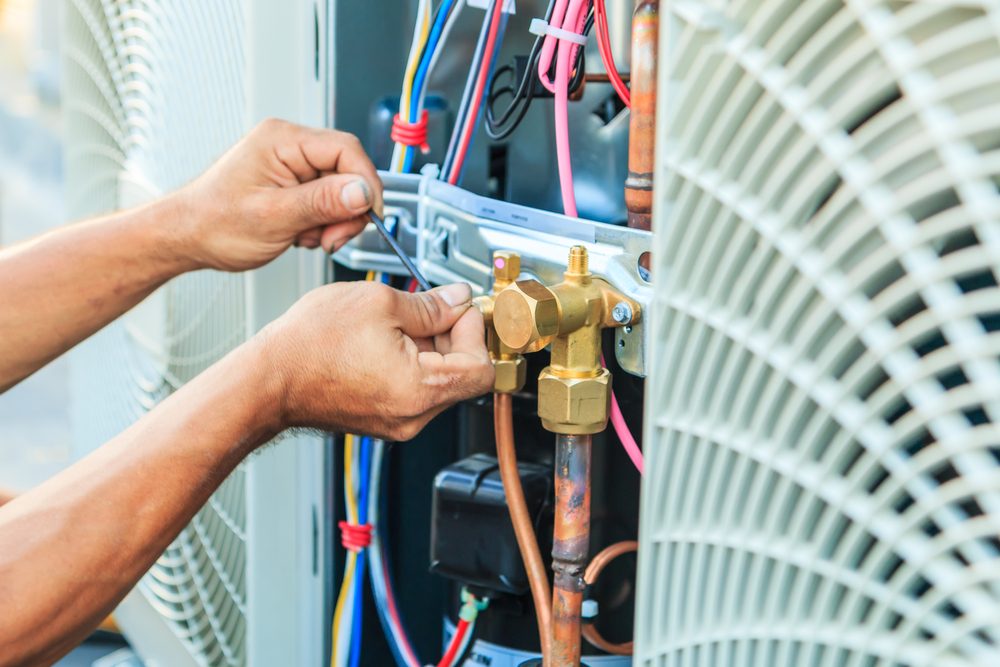Choosing the right HVAC system for your home can feel daunting, especially with so many choices and technical features to take into account. If you are constructing a fresh house, renovating, or merely aiming to upgrade your existing system, comprehending the concept of HVAC and its functioning is vital. HVAC refers to heat, ventilation, and cooling, and it plays a crucial role in maintaining the comfort of your home throughout the year. This beginner's guide will navigate you through the key components of HVAC systems, frequent issues and their answers, and maintenance tips to ensure your system operates optimally.
As you examine the multiple categories of HVAC systems available, you will notice that they all have distinct features and benefits. From conventional central air systems to up-to-date ductless mini-splits and geothermal heat pumps, the choices can be intimidating. Comprehending the influence of different systems on energy efficiency and indoor air quality can assist you make an informed decision that not only meets your comfort needs but also suits your budget. By the end of this article, you will be prepared with essential insights to select the ideal HVAC solution for your residence and have a comfortable living environment all year long. spintax #### Understanding HVAC Systems
HVAC stands for Heating, Air Circulation, and Cooling, which are core components that ensure maintaining indoor well-being. An HVAC system regulates heat, moisture, and air purity throughout domestic and commercial spaces. Grasping the functions of these components is important for selecting the right system for your house or company. Heating systems involves various approaches to warm indoor areas, while air conditioning chills and removes moisture from the air. Airflow ensures a continuous stream of new air to create a healthy setting.
An HVAC system usually consists of a furnace or heating pump for warming, an AC for cooling, and ventilation ducts or additional means of circulating conditioned air around the space. Modern systems might also include smart thermostats, air cleaners, and moisture management features, that improve both comfort and energy efficiency. By enhancing these components, homeowners can attain a satisfying living environment while minimizing energy consumption.
Additionally, understanding the interplay of these components can assist in diagnosing frequent issues and making wise decisions about care and enhancements. Regular maintenance and prompt repairs are essential to prolonging the lifespan of an HVAC system. As technology evolves, latest innovations developing within the HVAC sector suggest improved energy efficiency and superior indoor air quality, which benefit health and comfort in residential environments and work spaces as well.
Typical HVAC Issues and Solutions
One of the most frequent problems householders face with their HVAC systems is poor heating or cooling. This problem can stem from multiple sources, including a dirty air filtor, which restricts airflow and reduces efficiency. https://anotepad.com/notes/5434n489 is incorrectly sealed ductwork, which can lead to substantial energy loss. To address this problem, begin by checking and replacing air filters regularly, and examine ductwork for any leaks that need sealing.
An additional prevalent problem is the strange noises coming from the HVAC system, such as clattering, banging, or whistling. These sounds can suggest technical problems or unsecured components. The first step is to make sure that mounting brackets and screws are tight. If the sounds remain, it may be necessary to call a qualified technician who can diagnose and resolve deeper mechanical issues competently.
Lastly, a defective thermostat can lead to substantial discomfort and energy inefficiency. If your HVAC system is running continuously or not reacting to temperature changes, recalibrating or replacing the thermostat could be a feasible solution. Smart thermostats provide extra benefits, such as programming features and remote access, helping homeowners optimize their heating and cooling settings while maybe lowering energy bills.
HVAC Efficiency and Care Tips
To confirm your HVAC system operates optimally, one of the primary strategies is routine maintenance. Scheduling seasonal tune-ups can help detect likely problems before they worsen, making sure that your system operates smoothly throughout the year. A professional technician can clean the coils, monitor refrigerant levels, and inspect other vital components, which can lead to improved performance and lifespan of your system.
Additionally, being aware of your thermostat settings can greatly impact your energy bills. During winter, adjusting your thermostat a few degrees lower while wearing warmer clothing can save on heating costs. In summer, raising the temperature a few degrees can reduce air conditioning expenses while still keeping your home comfortable. Think about investing in a smart thermostat that automatically adjusts based on your schedule or the weather, maximizing energy use.
Lastly, improving your home’s insulation and sealing air leaks can work wonders for your HVAC efficiency. Insulating walls, attics, and ductwork reduces energy loss, while sealing windows and doors keeps conditioned air from escaping. By taking these measures, not only do enhance the comfort of your home, but you also create a more energy-efficient environment, leading to reduced utility bills and a smaller carbon footprint.

